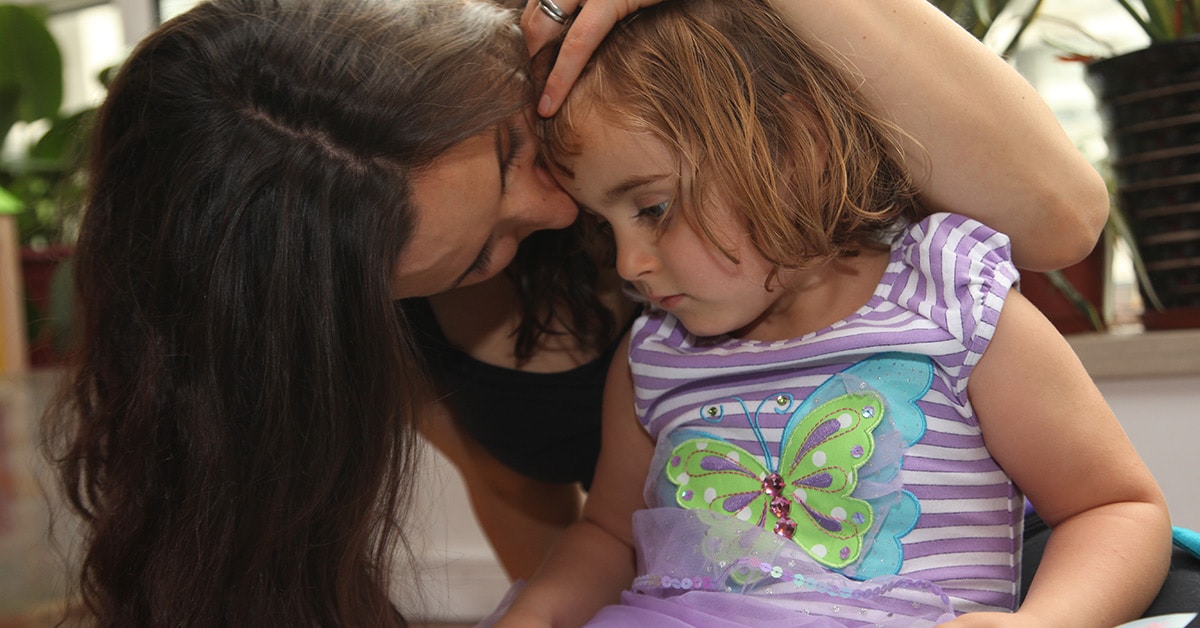People casually describe themselves as people-pleasers as they might describe their hair color or music preference. Our overuse of the term has diluted our perception of the pain; people-pleasing is a very real mental health symptom.
Approval-seeking behavior is self-injurious by nature. To satisfy this obsession, we must be inauthentic and reduced versions of ourselves, hypervigilant of the preferences of others. Our main OCD compulsion is avoidance of causing distress in others, which can literally be crippling in social situations.
Few things make me shake more than a confrontation. Even just a contorted look on someone’s face can trigger my “fawn” response. (Fawn is a recent addition to the Fight, Flight, Freeze paradigm, and can be an instinctive response to danger).
As a therapist, I see this behavior as a trauma response. My childhood oscillated between moments of intense boredom and intense fear. My single parent had weekly moments of being rageful and abusive, but between these episodes, I had the solace of being neglected. I learned early on that my safety was contingent on my mother’s mercurial view of me.
I began to predict what my mother wanted me to do and say, and follow these rules utilizing the full force of my compulsive nature. By the time I was in middle school, over-apologizing, shifting my personality to conform to others, and selective mutism all became ingrained in my social behavior.
Most adult people-pleasers, like me, end up in a series of codependent relationships. My self-worth is externalized. I brew resentment towards the very people who I have overextended myself to make happy.
My people pleasing sets up a trap for those around me, because I am relying on them to receive my validation but also erasing my identity in the process. It feels natural to be accommodating and ingratiating.
Despite EMDR, psychotherapy, meditation, and the growth and challenge of becoming a mother of four, I still find myself clinging to the comfortable cloak of agreeability. Even with my own children, I surrender my own authority. Like many of the parents who I coach to stand up to the OCD, I have to fight to hold boundaries. When pushed, I have a tendency to become pitiful instead of powerful.
I recently noticed that when I say the word “no,” my voice, already higher than most, strikes an uncomfortable register. I challenge and displease my clients, but only because the work of Exposure Response Prevention for OCD demands this skill for effective treatment.
Chronic people-pleasing is clearly holding me back; but what makes me cling on?
As an OCD clinician, I have trained myself to also identify and systematically release my own compulsions, but I have found some behaviors to be particularly sticky. My self-awareness of people-pleasing has not matched up to my willingness to change this behavior. I am starting to realize that I am avoiding the uncertainty of people’s reactions.
If I am to break my pattern of people-pleasing, then I have to sit with the distress of not knowing. When I am universally agreeable, I rarely have to go outside my comfort zone in interpersonal dynamics. Authentic interactivity with others requires taking a risk. Displeased people are stressful.
LIke most of my personal and professional OCD work, the key seems to be exposure to the trigger without enacting the pattern response. The more interactions I experience where I am not hypervigilant of pleasing others, the more comfort I gain with this dynamic. As I practice saying “no,” my voice will naturally deepen. Confidence will come with repetition.
My nervous system will realize that, as an adult, my relationships can be safely challenged.
Yes, people’s negative reactions are uncertain, but not precarious. The less I chronically people-please, the more I will welcome growth into my interpersonal relationships. The challenge of others is, in fact, a joyous opportunity.
Keep Reading
Want more? Here are some other blog posts you might be interested in.








